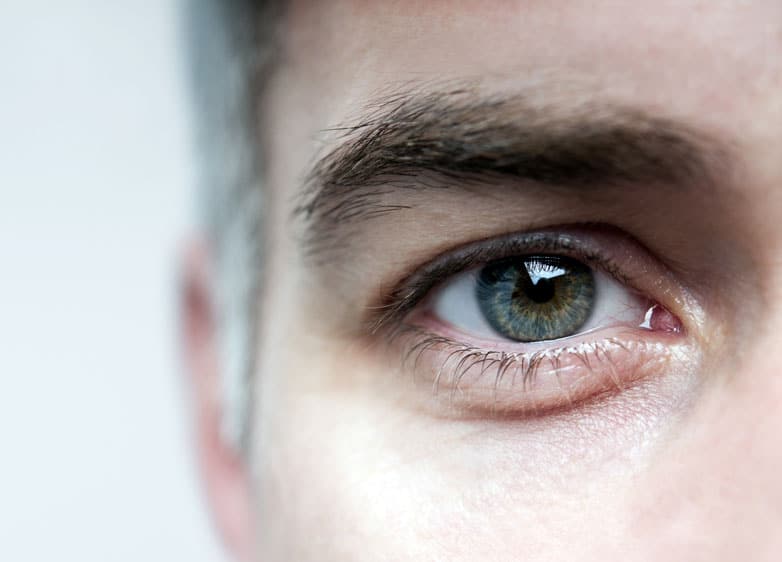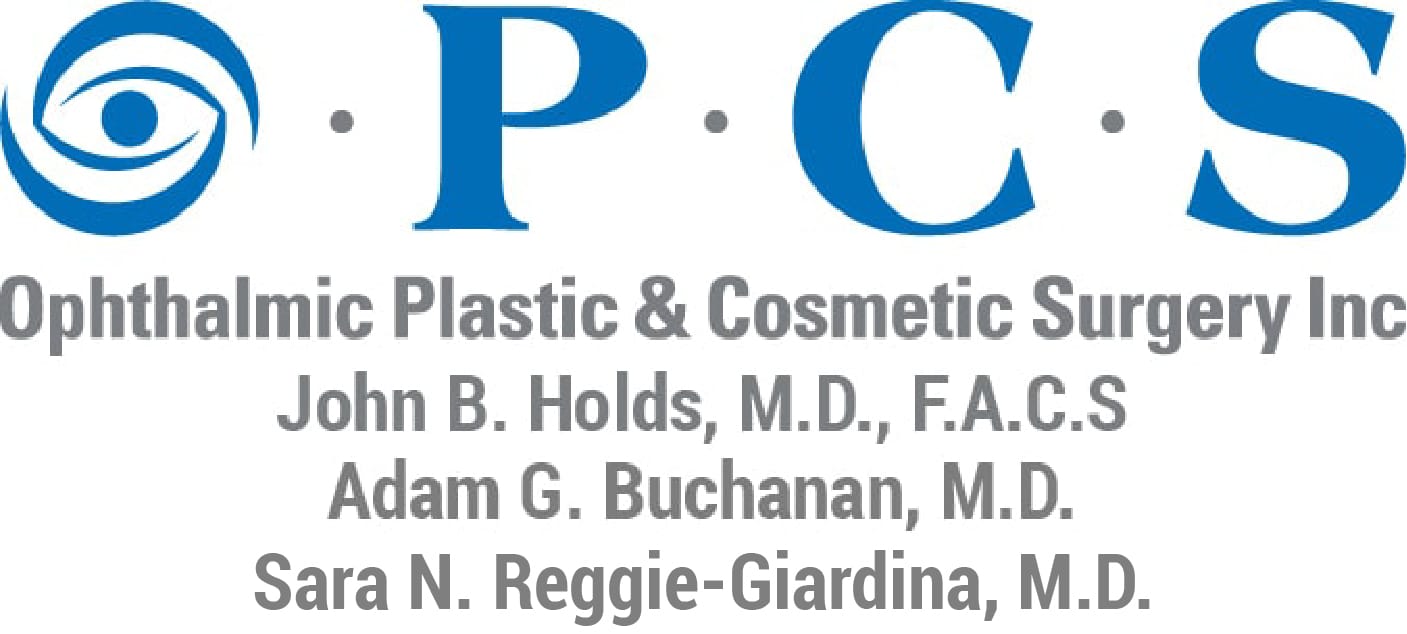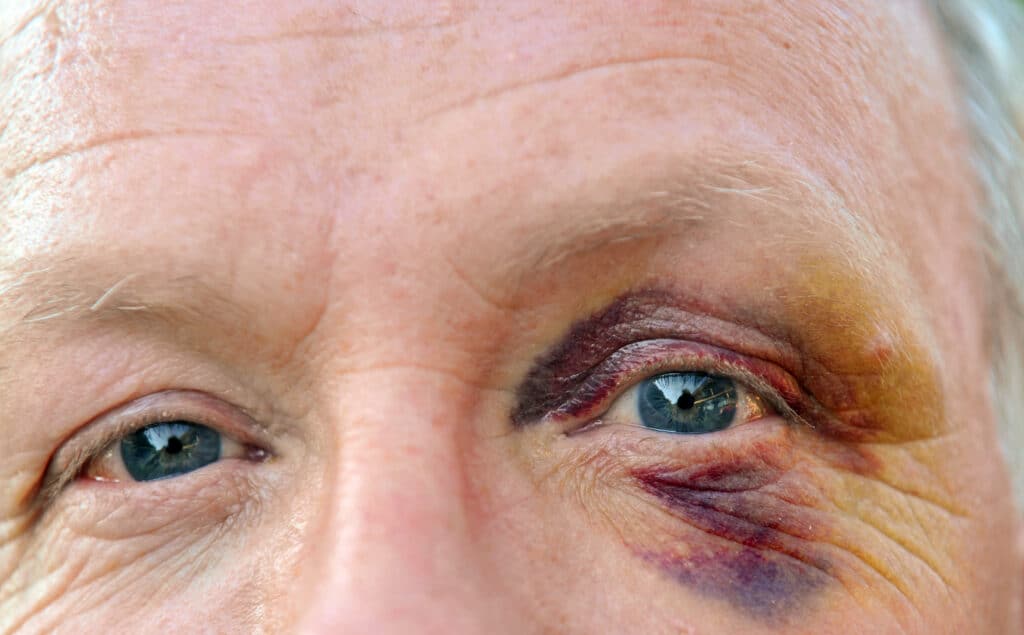Orbital Trauma Treatment in St. Louis, MO
What is Orbital Trauma?

Orbital trauma refers to an injury to the “orbit”, the bony area that surrounds the eyes. Usually, this involves a fracture of one of these bones as a result of a car accident, sports injury, fall, fight, or blow to the eye by a hard object. Surgery restores both function and appearance after this trauma.
We also often see patients with injuries to the delicate soft tissues of the eyelids and adjacent facial structures. If you have experienced orbital trauma or an eyelid or facial injury, you may be a good candidate for trauma surgery with our surgeons at Ophthalmic Plastic and Cosmetic Surgery, Inc in St. Louis, Missouri.
Symptoms of Orbital Trauma After Injury
Common symptoms of orbital trauma following an injury include:
- Pain
- Swelling
- Bruising
- Bleeding of the white of the eye
- Double vision
- Difficulty moving the eye to look up, down, right or left
- The Eye appears to be sunken
- Numbness in the upper part of the face, sometimes extending to the mouth
- Deformities of the face after trauma
Soft tissue injuries are usually obvious and can have important long-term consequences if they involve the eyelids or tear ducts.
when is surgery for orbital trauma needed?
Not all orbital trauma requires surgery, as some fractures will heal on their own within a few weeks. If you cannot move your eye properly, if your eye looks sunken, or the trauma has resulted in other facial deformities, however, a reconstructive surgical procedure may be necessary to restore both function and appearance.
You will need to undergo a CT scan (special X-ray) to confirm that there are fractures and to see the extent and location of the breaks. The goal, of course, is to bring you back to your appearance and function from before the orbital trauma, including correcting any asymmetry that has resulted from the injury. To achieve this, our team may need to make adjustments to your eyelids and eyebrows, as well as the bony orbit of the eye.
Who is a good Candidate for orbital trauma surgery?
Ideal candidates for orbital trauma surgery are those who are experiencing complications with their vision or eye pain from any recent or accidental trauma. It’s essential that all candidates are in overall good health, non-smokers, and can maintain realistic goals regarding the results of their procedure.
Candidates who have active infections or eye conditions that may complicate the recovery process may not be suitable for this surgery. If you are someone who suffers from chronic dry eye, circulation disorders, hypertension, thyroid disorders, heart disease, or diabetes, then this surgery may not be recommended for you.
how can i prepare for my orbital surgery?
Preparing ahead of time for your surgery can help speed up the process and can lead to an easy, complication-free procedure. Before the day of your surgery, patients may do the following:
- Consult your primary doctor. Some medications may need to be stopped during your surgery and recovery process. Ask your doctor if you are suitable to pause your medication temporarily.
- Schedule plans with a family member or friends to arrange for transport to and from your surgery. It is not recommended patients drive after their procedure.
- Protect your eyes from the sun. Sun damage can have a huge effect on your vision. Wearing hats or sunglasses while outside in the weeks leading up to your procedure may help with decreasing sensitivity and complications.
Orbital Trauma Surgery With Our Team
Depending on the location of the orbital trauma, the incisions may be made on the inside of the eyelids where any scarring will not be seen. During the surgery, our team may remove bone fragments and eliminate double vision, as well as reconstruct the eye socket, eyelid area, or eyebrow area. Every case is different depending upon the extent of the damage.
Traumatic injuries and lacerations require careful repair to maintain appearance and function. Optimally, this is done on the first repair. There are important and special issues relating to the eyelids and tear ducts that demand the care of a specialist that is intimately familiar and experienced with this sort of injury. This is why you should choose our team for your orbital trauma surgery.
What Our Patients Say
“Very friendly staff, highly knowledgeable doctors” – Karl G.
“The best in the business. Dr. Holds is an accomplished Surgeon and national speaker.” – Steve P.
Are there any risks with orbital trauma surgery?
With over several decades of combined experience and expertise in oculofacial surgery, our doctors are dedicated to not only providing patients with the highest quality procedures but also ensuring their comfort and safety during each procedure. While corrective eye surgery is safe and rarely results in serious complications, there are a few risks beyond the normal side effects that patients should be aware of before undergoing their procedure. These may include:
- Double vision
- Blurred vision
- Infection
- Eye damage
- Chronic dry-eye
- Bleeding
Under the care of our highly-trained team, however, patients are able to easily manage their side effects during their recovery process. By following the aftercare guidelines given by our surgeons, patients are able to avoid these risks completely and can enjoy their new vision pain-free in a few months.
What to expect during recovery
Since no two of these surgeries are the same, your experience will be contingent upon a lot of factors. You may need to spend a night in the hospital, for example, following your procedure. You will be given a prescription for eye drops and ointment to put in the eye for about two weeks following your surgery, as well as prescriptions for pain medications and an antibiotic.
For the first two days, you should use ice packs to reduce swelling and discomfort. Dressings are generally not applied after surgery but any sutures are removed by our team after a week to 10 days. With fracture repairs, it’s important to avoid blowing your nose and to sneeze with your mouth open for two weeks. You must also avoid airplanes and helicopters for about a month.
Despite the efforts to keep swelling down, you can expect a little bit of inflammation and bruising. These symptoms may last several weeks, and you will generally need to take about two weeks off from work for your recovery.


